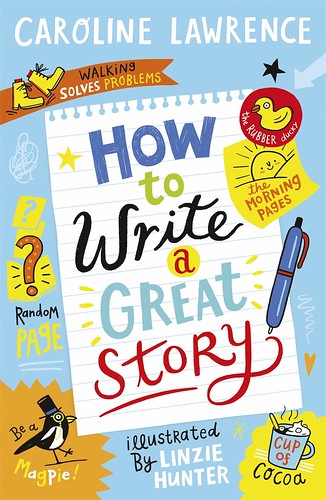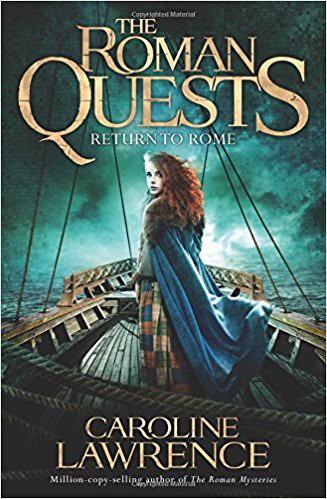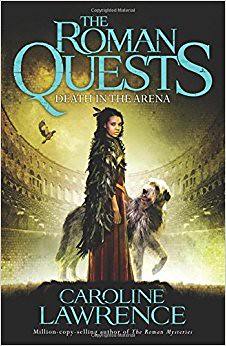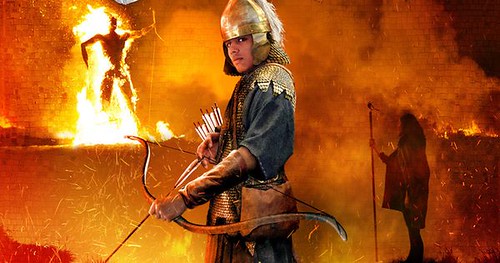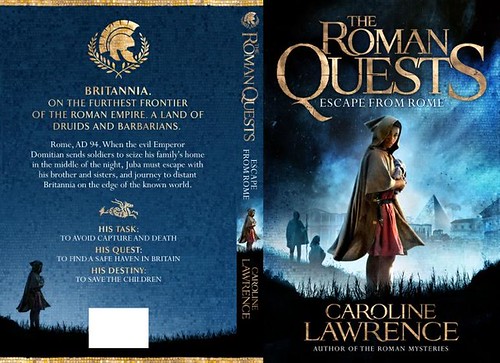A year ago Bookwitch ruminated on what sells and what she reads and why.
Today I’m – because we are the same, Bookwitch and I – thinking about the effect Bookwitching has had not just on me but on the young and innocent, like Daughter. We have both put sixteen behind us – but only just. Obviously. Today it’s Bookwitch’s turn to hum ‘She was only sixteen…’


As you may have gathered, Daughter has recently moved and has some vintage shelves to arrange with books. And, it seems, a polar bear. Also two bookmarks, one of which I was intrigued to find personally dedicated and signed by Michelle Magorian.

This is the effect I mean. Somehow a lot of young literature has happened to Offspring. The vintage shelves I mentioned seem to contain mostly books by people I ‘know’ and who Daughter has met through being dragged on bring-your-child-to-work days.

There are an inordinate number of Cathy Hopkins books, and that’s as it should be. Likewise Caroline Lawrence and Liz Kessler and Jacqueline Wilson. Although the latter has had to be pruned down to more manageable numbers of books.
I won’t list them all, but basically, the story of Bookwitch can be seen on these shelves. There won’t be so many new ones, as the e-reader has taken over. This is just as well, because however lovely the vintageness from the local auction-hunter, a flat has only so much space.
Apologies for the tile samples. There is a kitchen splashback to deal with. And I would like it to be known that that book by Vaseem Khan has been ‘borrowed’ from a kind parent.


